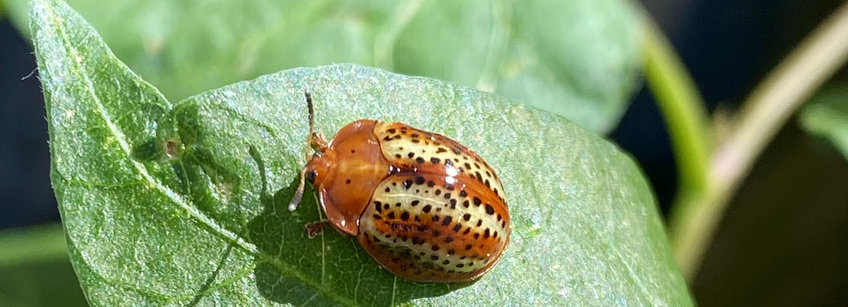
Mutualisms
Hassan Salem
Numerous adaptations in animals are a direct consequence of symbiotic partnerships with microorganisms. We are interested in the molecular currencies driving the cooperation of species, and the genomic and metabolic consequences of coevolution between a host and its symbiont.
Our emphasis is on the dynamic relationships that have evolved within leaf-feeding animals, focusing mainly on insects. We use leaf beetles (Coleoptera: Chrysomelidae) as a study system given the streamlined mutualisms they form with specialized symbionts possessing drastically reduced genomes and correspondingly limited metabolisms. These symbioses span a spectrum of interactions, ranging from nutritional associations where the symbiont facilitates the digestion of complex plant polymers, to protective partnerships that upgrade the defensive biochemistry of the insect host.
The widespread, and often convergent, evolution of mutualisms in leaf beetles provides a highly tractable model to characterize the molecular and biochemical currencies contributing to the origin of leaf-feeding across the Metazoa, with applications that extend to ruminants and other folivorous animal groups. Our work is integrative in nature, combining genomics and fieldwork with chemical ecology and developmental biology to understand the origin of these associations and how they facilitate adaptation in beetles.


